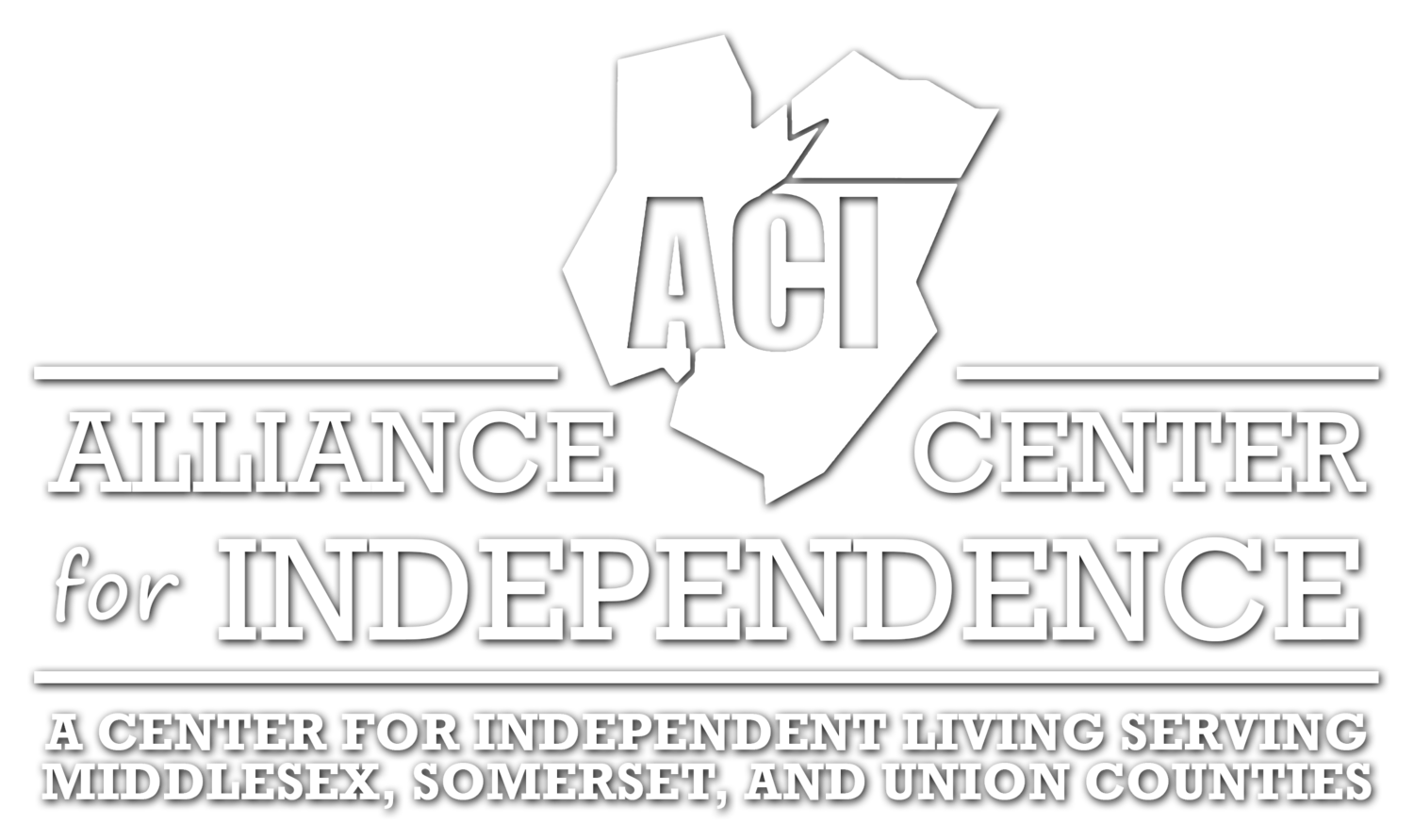At 1:30 on Thursday morning, the U.S. Senate took its first step towards repealing the Affordable Care Act (ACA). The approved budget resolution instructs committees of the House and Senate to draft repeal legislation by January 27th. Both chambers will then need to approve the resulting legislation before any repeal goes into effect.
The effort to repeal ACA will have a devastating effect of the 30 million people, many of whom have disabilities, who receive healthcare coverage through ACA. Blocking granting Medicaid is also being considered.
According to the American Association of Persons with Disabilities, ACA's provisions that people with disabilities include:
- Health insurers cannot deny someone health insurance on the basis of a pre-existing condition, including a disability or chronic condition;
- There are no arbitrary financial limits to how much healthcare an individual can receive in a year or in their lifetime;
- More people with disabilities receive supports to live in the community of their choice rather than in an institution;
- 20 million adults and children have health insurance through Medicaid expansion and health insurance subsidies;
- The Money Follows the Person (MFP) demonstration program that helps people with disabilities transition from institutions to the community was reauthorized and expanded;
- Health insurers provide more people with the services they need - including mental health services and rehabilitation services and devices.
This is now in jeopardy.
MEDICAID BLOCK GRANTING AND PER CAPITAL CAPS
Currently the federal government covers a percentage of states' Medicaid costs. Under Medicaid block grants, the federal government would pay the state a specific lump sum (likely based on historical spending), rather than a percentage of the state's costs. Under per capita caps, the federal government would pay the state a fixed amount for each beneficiary instead. Both options drastically reduce federal funding for state Medicaid programs, with gaps increasing over time relative to current spending. To counter the significant costs that are shifted to states, they are given 'flexibility' to make changes to their program. (Source: National Council on Independent Living)
WHAT CAN BE DONE?
It's very early in the process, but things are happening quickly. The time to take action is now!
Call the US Capitol Switchboard at 202-224-3121 and ask to be connected to US Senators Cory Booker's and Robert Menendez's office and your Representative's office. You can find your Senators and Representative here. Senator Menendez is a member of the U.S. Senate Finance Committee, one of the two Senate committees that will take up ACA.
TELL OUR SENATORS YOUR MEMBERS OF CONGRESS
Vote NO on the budget package that leads to eliminating the Affordable Care Act. If you receive coverage through ACA, make sure you let them know what impact repeal will have on you.
People with disabilities need access to comprehensive and affordable health care!
Block granting or placing per capital caps on Medicaid will be devastating on the healthcare of people with disabilities and those with low income.
Congress must include the disability community in any discussion about repeal and replace to ensure that any changes meet the needs of people with disabilities.
Please let us know how your calls went!
MORE INFORMATION
- Consortium of Citizens with Disabilities: c-c-d.org or c-c-d.org/fichiers/2017-action-alert-on-budget-resolution-final.pdf
- American Public Health Association: apha.org or apha.org/~/media/files/pdf/topics/aca/no_aca_repeal_tlkgpts.ashx
- The National Council on Independent Living: ncil.org
- American Association of Persons with Disabilities: aapd.com
WANT TO GET INVOLVED IN THE ISSUES THAT MATTER TO YOU?
ACI and REV UP NJ seek advocates to become part of our advocacy network. For more information about how you can make a positive impact in the community, and to become a member of our Advocacy Group or REV UP NJ, contact Luke Koppisch at lkoppisch@adacil.org or 732-738-4388.
ACI and REV UP NJ are both non-partisan 501(c)(3) groups. We don't endorse or criticize any candidate. The purpose of our efforts is to educate NJ's disability community on the issues that impact us.
CREDITS
- American Association of Persons with Disabilities
- Consortium of Citizens with Disabilities
- American Public Health Association
- National Council on Independent Living




